
The 10 Most Educated Countries in the World
One marker of a developed country is how educated its people are. Every country has its own education system, so it can be tricky to gauge results. However, the Organization for Economic Cooperation and Development (OECD) recognizes the International Standard Classification of Education (ISCED) as a standard framework to measure and compare education statistics globally. The OECD considers the countries with the highest percentage of people receiving tertiary education (after high school, including certification and degree programs) as the most educated.
1. Canada
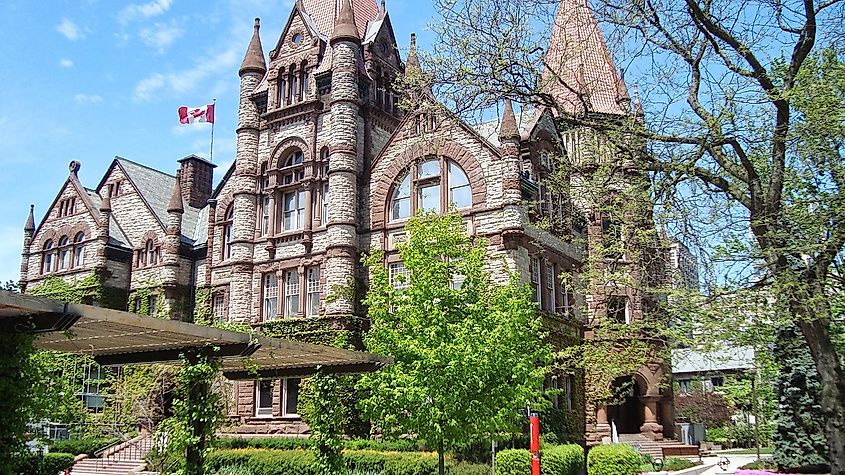
Canada’s education policy is clearly an effective one. Number one on the OECD's previous list as well, its percentage of people with a post-secondary certificate or degree grew from 56 percent in 2018 to almost 60 percent in 2022. Early education is mandatory and free. Tertiary education is not mandatory, but the government encourages it by providing prospective students with grants and loans upon application. Canada has fantastic universities, with the University of Toronto and McGill University in the 26th and 27th spots on the QS World University Rankings in 2022. The country also has great vocational schools where students can learn skills after high school.
2. Japan

Since 1868, Japan has followed the three-tier western education system with its elementary, secondary, and university structure. The majority of Japanese students want to go to university, and so they spend a lot of time studying for entrance exams because their admission decision depends on how well they do. Science and engineering are more popular courses for boys, while girls generally opt for humanities and social sciences. Japan’s public universities rank higher than its private ones, with the University of Tokyo in the 23rd and Kyoto University in the 33rd position on the QS World University Rankings list.
3. Luxembourg
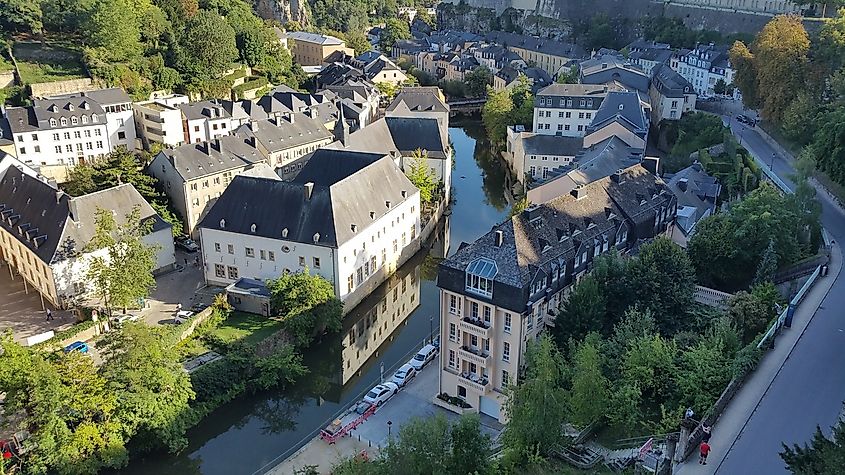
Children in Luxembourg receive an elementary education until the age of eleven. There are two types of secondary schools: the more traditional ones, Lycées secondaire, and the technical ones, Lycées techniques. The latter provides vocational training, while mandatory education ends in year nine. The student can then study for four more years to earn a qualification degree if they choose. The University of Luxembourg is the country's first and only traditional university. Students used to go abroad for higher studies before its construction in 2003. Interestingly, Luxembourg jumped from tenth to third spot in OECD's top ten most educated countries list from 2018 to 2022.
4. South Korea
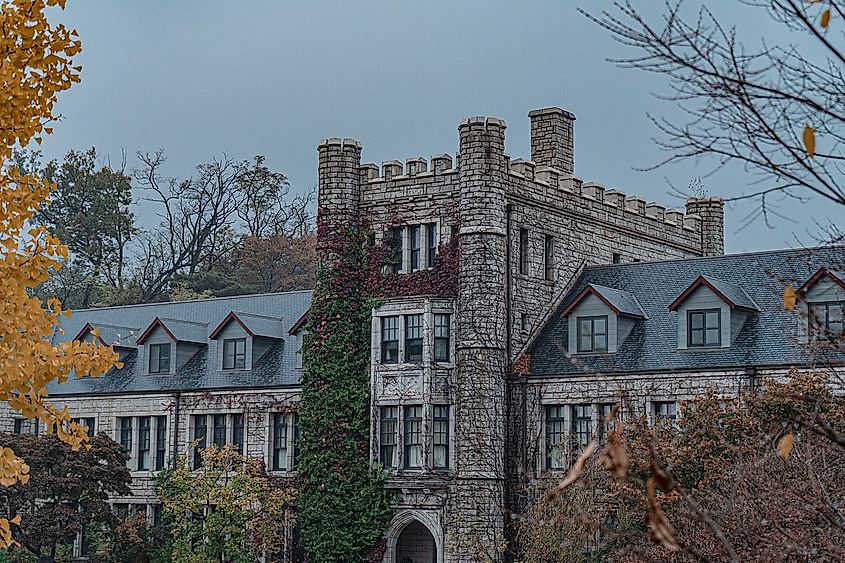
Featuring fourth place on the OECD’s report of most educated countries in the world, 50 percent of South Korea's population achieves tertiary-level education. The country puts a lot of emphasis on academics. Parents push their children to excel in their middle school and high school careers. They also pay a lot of money for private tutoring so they can get into good universities, and eventually find well-paying jobs. Seoul National University is 36th on the QS World University Rankings, but many South Koreans go abroad to pursue a university education.
5. Israel

Israel's emphasis on education goes back to medieval times when anti-semitic Europeans forbid Jews from becoming landowners or farmers. The community had limited choices, so its people focused on careers like merchant trading, moneylending, accounting, medicine, and law. In modern-day Israel as well, parents put a lot of emphasis on education. School is compulsory for the first twelve years, and since the economy is science-and-technology-based, parents encourage their kids to pursue mainly math and science courses in university. More than half of Israel's adult population holds a university degree.
6. United States
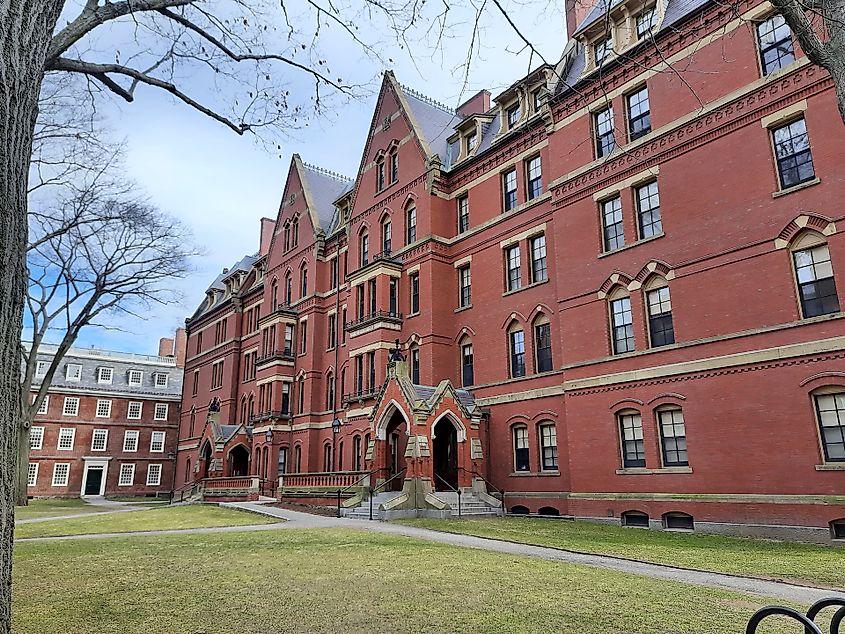
United States universities occupy five out of the top ten spots in the QS World University Rankings, with Massachusetts Institute of Technology (MIT) heading the list. Every state in the US has several options for anyone who wants to pursue higher education, and students from all over the world come to study at these institutions to brighten their future prospects. Within the country though, some race and income issues exist and discourage quite a lot of students from choosing to go to university. They also become a reason for students to drop out without completing their degrees.
7. Ireland

Like all other countries on this list, education is mandatory and free for Irish children. After they graduate from the second level (high school), students can opt for a third-level or university education. Ireland has seven state universities, five of which are in the world’s top 100. All of these are free for local and EU students under the government’s “Free Fees Scheme.” It is no wonder that compared to other EU countries, Ireland has the highest proportion of university/college graduates. According to OECD's 2022 report, almost 50 percent of the country's adults have completed a post-secondary certificate or degree.
8. United Kingdom

Four United Kingdom universities make up the top ten in the QS World University Rankings list of 2022. Like the US, the UK also attracts many international students. The high school equivalent is Advanced Level (A-Levels) qualifications, which students complete at the age of 18. They can then go on to take a three-year Bachelor, or specialize in learning a skill from a vocational college. Most colleges and universities also offer a two-year foundation degree, which combines academic and vocational learning. The UK was number five on the OECD’s 2018 list of most educated countries but dropped to number eight on its 2022 list.
9. Australia

There are two educational routes students can take after high school in Australia. They can engage in Vocational Training and Education (VET) and pass four certification levels and go on to do a diploma, or they can proceed to university for a traditional degree. Australian universities are mostly public, and students apply for Study Assist, a student loan program that they can start repaying only after they are earning a certain income. Many international students also come to study in Australia. The government continues to invest in its students and is especially keen to get more women into STEM programs.
10. Finland
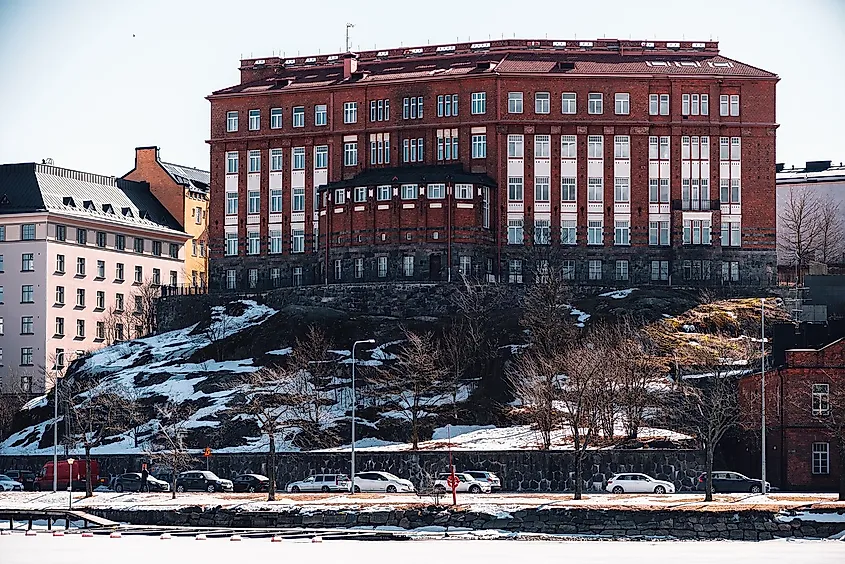
In Finland, students start school at the age of seven; much later than they do in other countries. There are no standardized tests and only one Matriculation exam required for students to apply to university. Vocational training is an equally viable and rewarding option for students who do not wish to go to university. Universities are free, and students plan their own degrees by choosing which courses and exams they want to take. It may be tenth on the OECD’s top ten educated countries in the world, but experts claim that Finland has the right approach towards education and other countries have much to learn from its people.
To Wrap Up
Education is a necessity for economic growth and prosperity, but it is also important to ensure that it does not become a source of stress and anxiety. Every country should invest in its youth so that financial concerns are not an obstacle for them in their pursuit of higher studies. The ten most educated countries in the world have a lot of things in common in their approach toward education.











